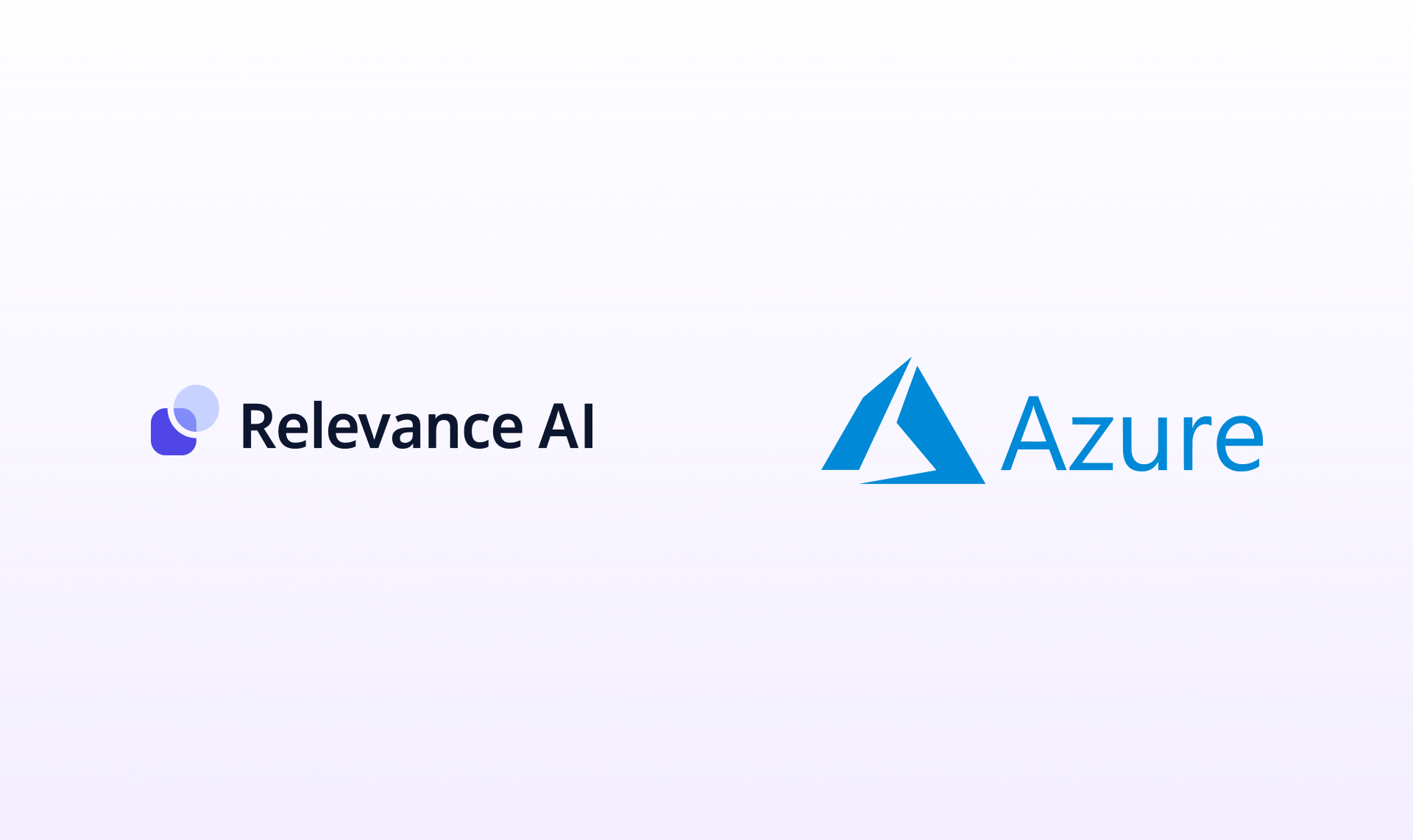
What are Low-Code AI Agents in Operations? Optimizing and Predicting Operational Issues Explained
Artificial Intelligence (AI) has become a cornerstone of modern technology, with its applications spanning across various industries. But have you ever wondered about the role of low-code AI agents in operations?
Understanding Low-Code AI Agents in Operations
Low-code AI agents are autonomous computer programs that perceive their environment, make decisions, and act to achieve specific goals. They operate independently, without requiring direct control from a human operator.
The Role of AI in Modern Technology
AI is revolutionizing the way businesses operate by automating repetitive tasks, improving efficiency, and reducing human error. But how does this work in practice?
Autonomous Operations: The New Norm
Low-code AI agents are particularly effective in areas such as predictive maintenance, where they can analyze vast amounts of data to predict and prevent equipment failures before they occur. This not only reduces downtime but also extends the lifespan of the equipment, leading to significant cost savings.
The Impact of Low-Code AI Agents on Business Operations
Automating Repetitive Tasks and Improving Efficiency
By automating repetitive tasks, low-code AI agents free up human workers to focus on more complex and creative tasks. This leads to improved efficiency and productivity.
AI-Optimized Predictive Maintenance: A Game Changer
With AI-optimized predictive maintenance, businesses can prevent equipment failures before they occur, reducing downtime and extending the lifespan of the equipment.
The Power of Large Language Models (LLMs) in AI Operations
Integrating LLMs with Data Transformation Steps and Platforms
The rise of low-code AI agents has been facilitated by advancements in AI technologies such as Large Language Models (LLMs). These models can generate human-like text, making them ideal for tasks that require natural language understanding. However, to fully harness the power of LLMs, they need to be integrated with other data transformation steps and platforms.
Addressing the Challenges of Low-Code AI Agents
AI vs Human Jobs: A Balanced Perspective
Despite their benefits, the use of low-code AI agents is not without challenges. One of the main issues is the fear of AI replacing human jobs. However, research suggests that AI is more likely to augment human work rather than replace it entirely.
The Future of Low-Code AI Agents in Operations
The Shift Towards an AI Workforce: What to Expect
By 2025, it is predicted that every leading company will have hired at least one AI employee, and by 2030, 45% of the workforce will be AI-based. This shift towards an AI workforce will require businesses to invest in AI training and development to ensure their human employees can work effectively alongside AI agents.
Investing in AI Training and Development: A Necessity
As the use of low-code AI agents grows, businesses will need to invest in AI training and development. This will ensure that their human employees can work effectively alongside AI agents, maximizing the benefits of this technology.
Embracing the Advancements of Low-Code AI Agents
In conclusion, low-code AI agents represent a significant advancement in the field of AI. They offer numerous benefits, from automating repetitive tasks to improving efficiency and reducing human error. However, to fully harness their potential, businesses will need to address the challenges they present and invest in AI training and development.
Ready to take the next step? Sign up to Relevance AI for free and hire your own AI Agent. Get to value in less than a few minutes and start optimizing your operations today!









